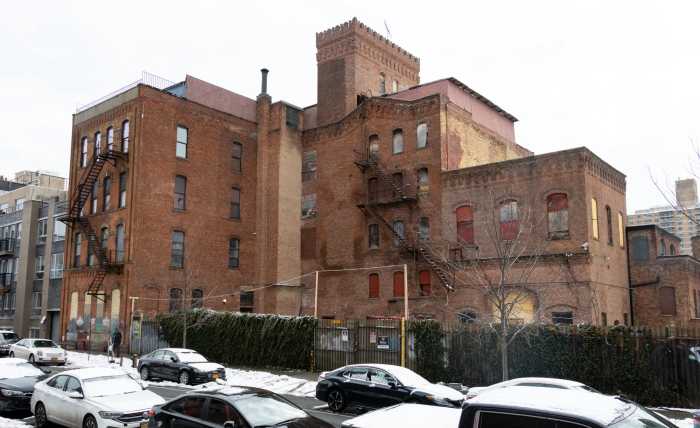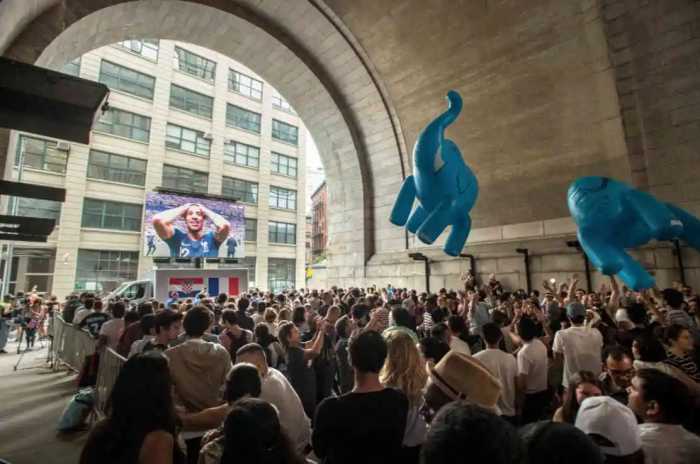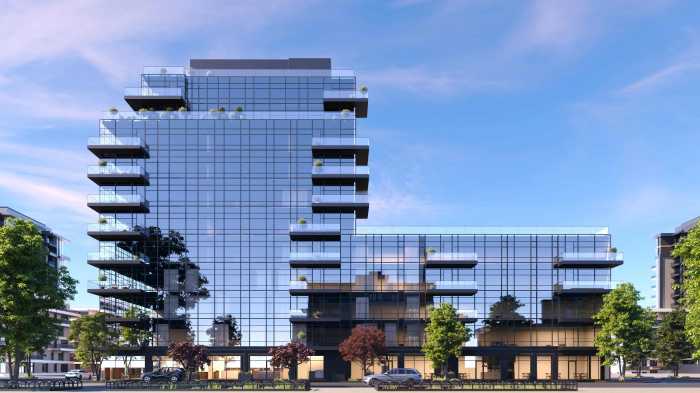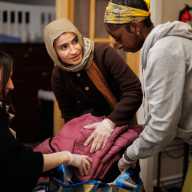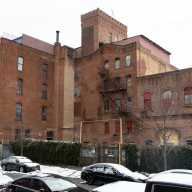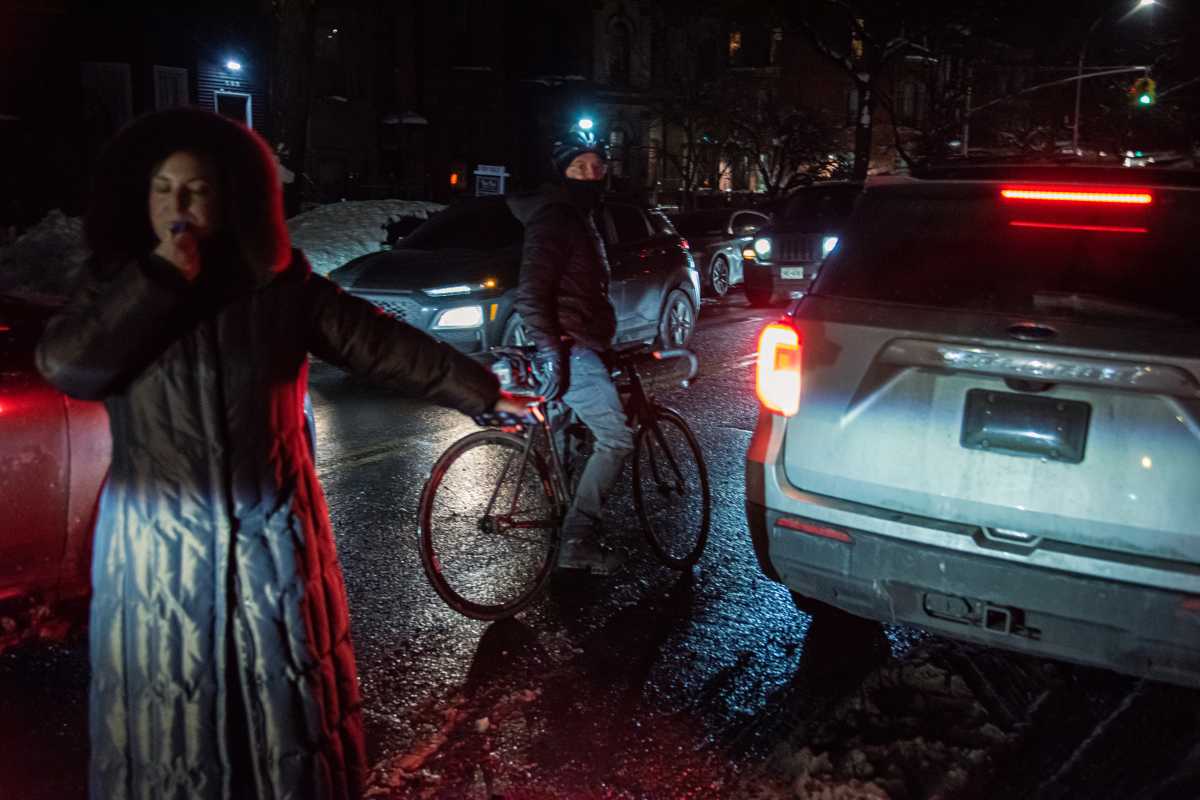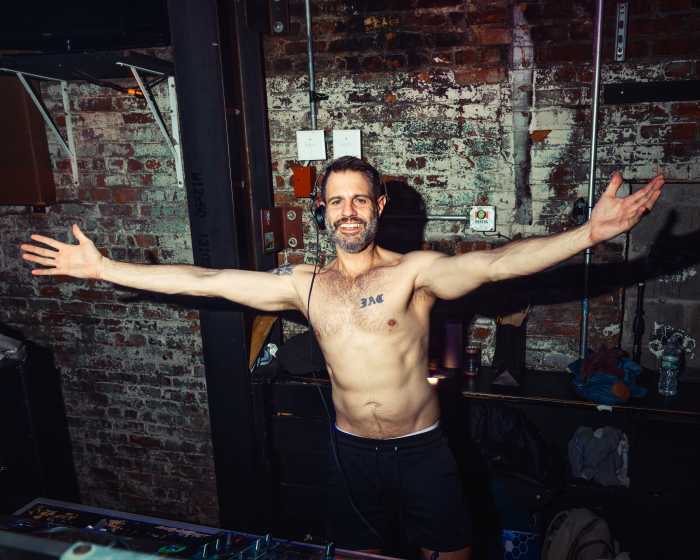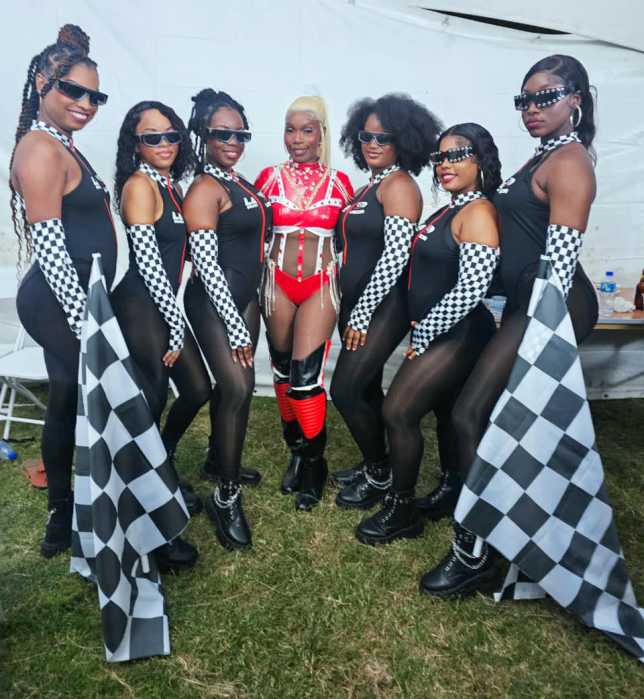Barclays Bank, which holds the naming rights to Forest City Ratner’s planned Brooklyn basketball arena, has again been linked to the slave trade — this time through its relationship to a bank that participated in enslaving close to 40,000 Africans, according to new research released this week by a New York-based proponent of slavery reparations.
The release was tied to the 200th anniversary of Britain’s abolition of the slave trade.
The Restitution Study Group, headed by Deadria Farmer-Paellmann, a former Brooklynite, alleges that Heywoods Bank — which is believed to have merged with Martins Bank in the 1800s, which, in turn merged with Barclays Bank in 1969 — took part in 125 slave-trading voyages, enslaving more than 38,000 Africans, more than 6,000 of whom died en route to the Americas. The group cites Emory University Professor David Eltis’s “Transatlantic Slave Trade Database” as the source of the information.
“This history is particularly important in light of recent denials by Barclays of a link to slavery,” said Farmer-Paellmann, referring to the brouhaha that ensued among local leaders earlier this year when Barclays won the naming-rights for the Nets arena. The $400-million deal will brand the stadium —the centerpiece of developer Bruce Ratner’s 16-skyscraper Atlantic Yards project — with the name of the controversial bank.
Local black leaders, including Assemblyman Hakeem Jeffries (D–Fort Greene) and Rep. Yvette Clarke (D–Flatbush), have called on Ratner to reject the deal. Clarke, who has spoken in support of Ratner’s project, has threatened to seek Congressional hearings if Barclays does not increase its financial commitment to the Brooklyn community. So far, the bank has said it will donate $2.5 million toward rebuilding basketball courts in the borough.
Jeffries told The Brooklyn Paper that this newly surfaced research only bolsters his and other community leaders’ case.
“This further strengthens the position that Barclays Bank was involved in the trans-Atlantic slave trade in a significant way,” he said. “We expect to meet with Barclays Bank [in late April or early May] to discuss the need for significant investment in the future and well-being of the Brooklyn communities.”
He said no exact monetary figure was being suggested at this time.
Barclays has repeatedly denied involvement in the slave trade.
Following reports about the bank’s checkered past earlier this year, the bank sent nearly identical letters to media organizations claiming that “it is simply not true” that Barclays was founded on the proceeds of the slave trade. The letter also sought to discredit research to the contrary by a well-respected historian, Eric Williams.
Barclays said it could not confirm the latest research and again sought to refocus attention on the abolitionist stance of one of the bank’s early founders, David Barclay.
“We can confirm … that our founders were members of the abolitionist movement,” said Peter Truell, a Barclays spokesman. “Barclay was a member of a committee of London Quakers who opposed the slave trade, and later became involved with the committee in taking the anti-slave message nationwide.”
But Rutgers professor Christopher Leslie Brown, an expert on the British slave trade, said that the new research “seems plausible.”
“I have not had an opportunity to double-check the numbers or research, but I have no reason to think what they’ve turned up is wrong,” said Brown. “I don’t know the history of Heywoods bank and Barclays, but nothing on its face that suggests that the new research is errant.”
Forest City Ratner had no comment.


